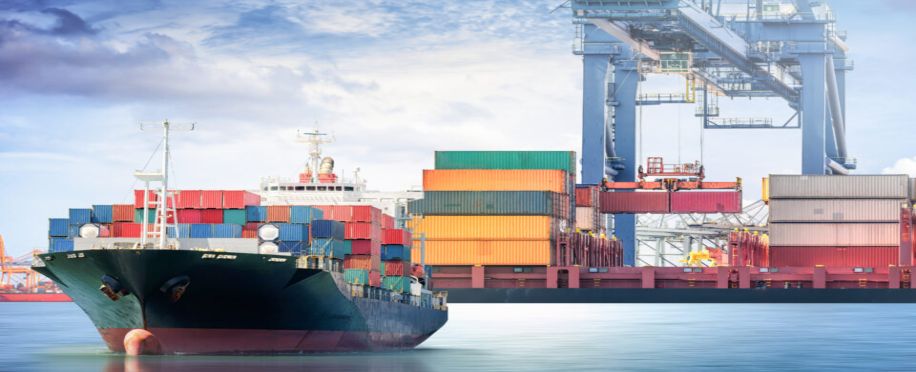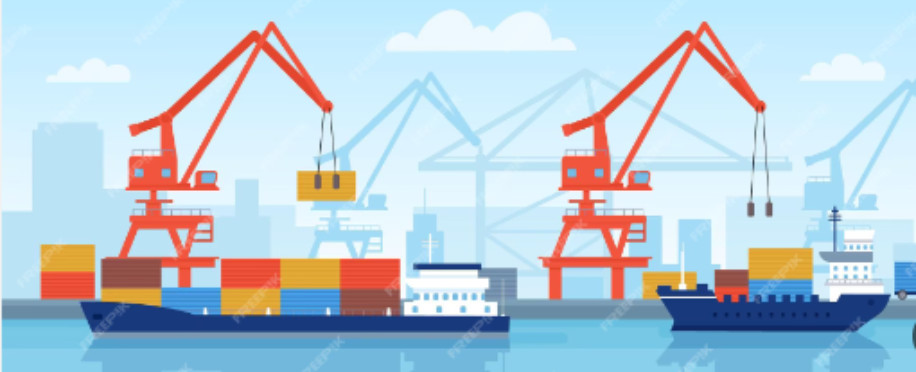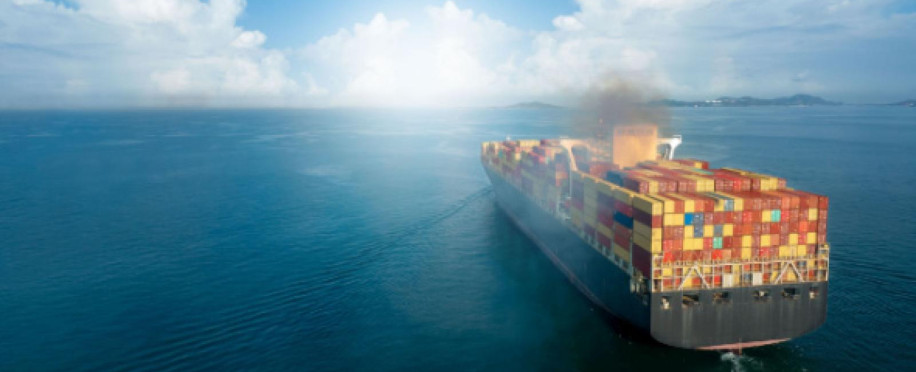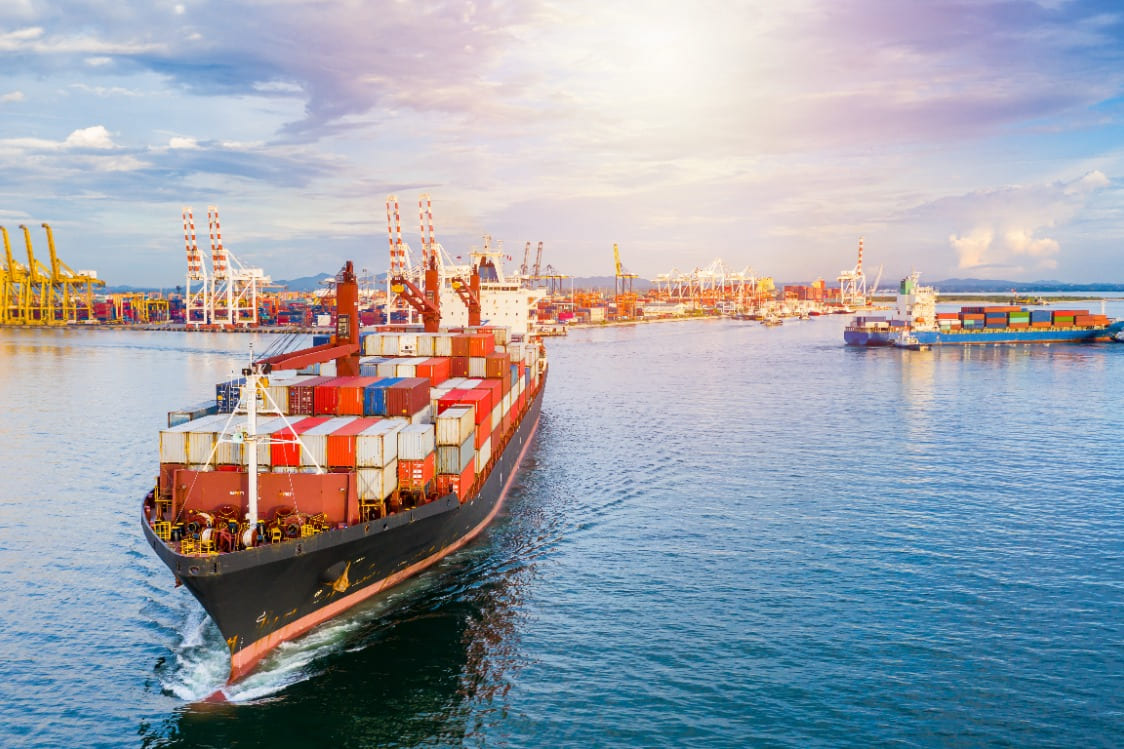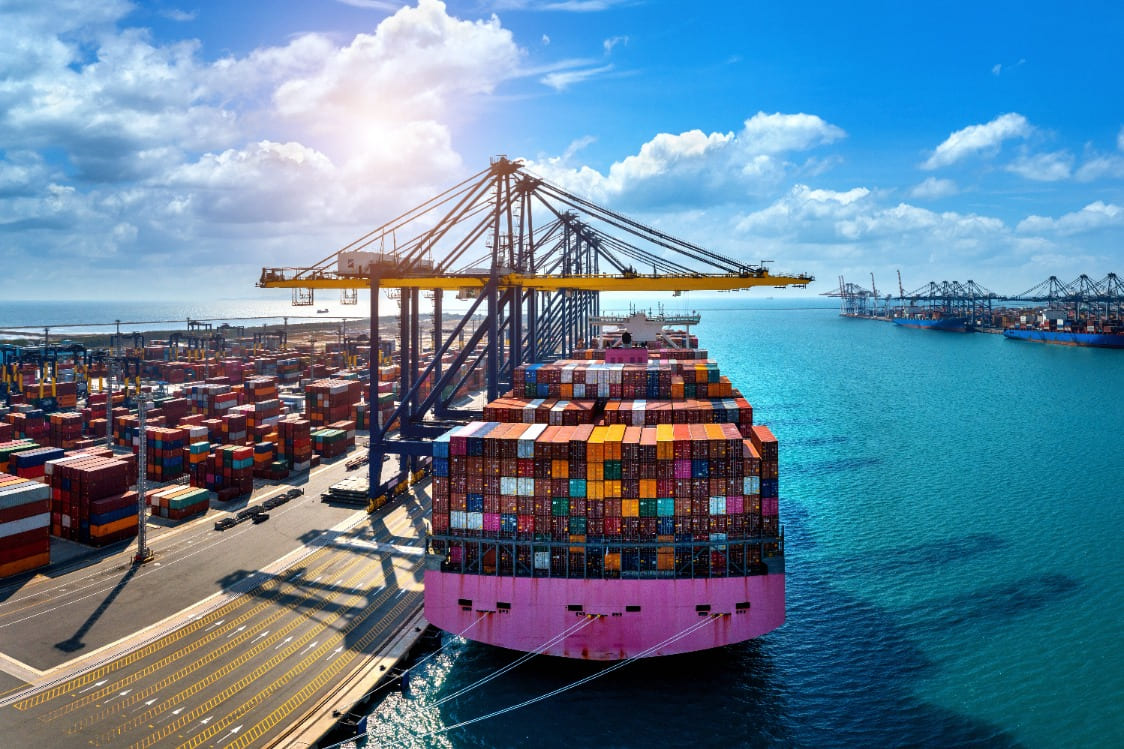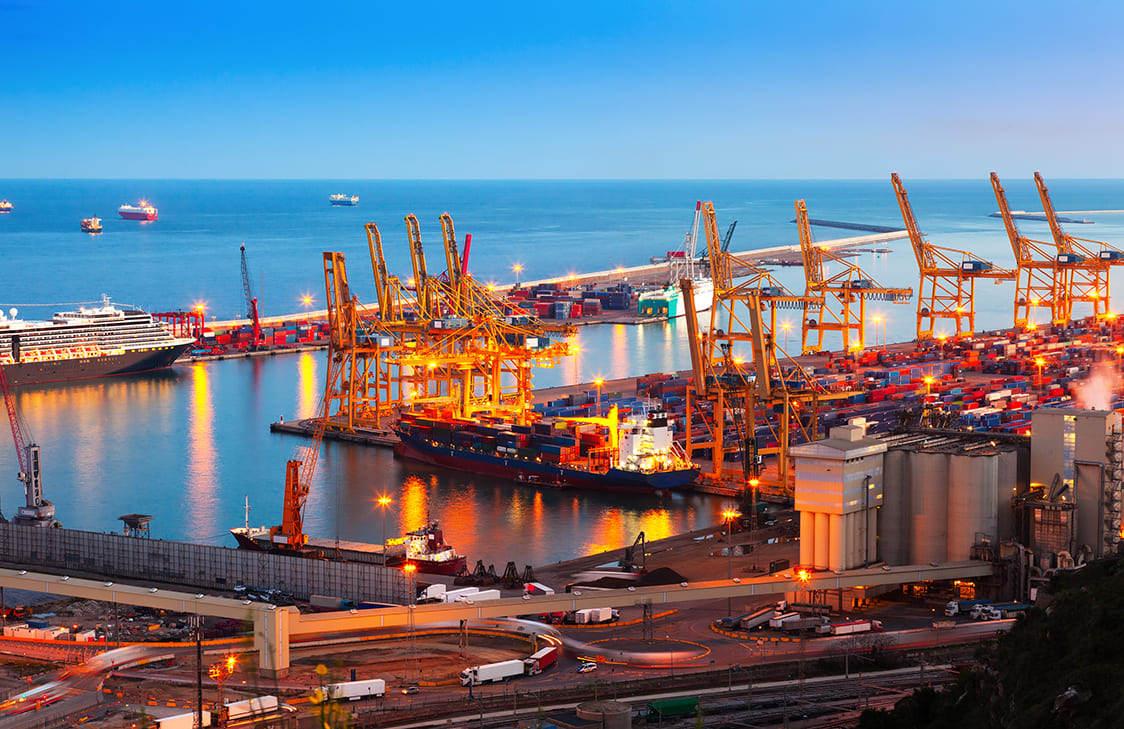Ocean of Change: Pathways to Reducing Carbon Footprint in Maritime Transport

Posted on Dec 12, 2023 at 10:12 PM
In the vast field of the world's oceans, a groundbreaking movement is in progress — one that looks to resolve the significant problem of carbon discharges in maritime transport. Exploring a manageable future, the emphasis is on reducing the carbon footprint, and this excursion includes complete drives, for example, carbon footprint assessment and the aggressive objective of decarbonising shipping.
Carbon Footprint Assessment
- Estimating the Effect of Maritime Exercises
A careful carbon footprint assessment is vital before leaving on the excursion towards maintainability. This includes assessing the absolute ozone-harming substance emanations delivered by maritime exercises, from freight shipping to traveller transport. By measuring the ecological effect, partners can recognise key regions for development and execute designated systems to alleviate carbon outflows.
- Mechanical Arrangements and Productivity Measures
The assessment prepares for the reception of creative mechanical arrangements and effectiveness measures. From upgrading vessel plans to embracing elective fills, the maritime business is investigating a scope of choices to limit its carbon footprint. High-level impetus frameworks, smoothed-out body plans, and combining sustainable power sources are fundamental to the decarbonisation system.
Executing savvy innovations, for example, information investigation and man-made reasoning, further upgrades proficiency. Continuous observing and information-driven dynamics empower shipping organisations to upgrade courses, lessen fuel utilisation, and, subsequently, bring down their carbon outflows.
By embracing an all-encompassing methodology, organisations could meet ecological focuses at any point and accomplish cost investment funds through better functional proficiency.
Decarbonising Shipping
- The Basic for Feasible Shipping Practices
Decarbonising shipping is a complex drive requiring joint effort across the maritime business. This aggressive objective includes changing from customary non-renewable energy sources to cleaner options, like hydrogen, alkali, or biofuels. The turn of events and execution of these elective powers plan to diminish carbon outflows, cultivating a more maintainable and harmless to ecosystem maritime area fundamentally.
- Administrative Structures and Worldwide Collaboration
The drive towards decarbonisation is built up by administrative structures and worldwide collaboration. Associations like the Worldwide Maritime Association (IMO) set discharge decrease targets and carry out rules to boost the reception of green innovations. Cooperative endeavours between legislatures, shipping organisations, and natural associations are significant for making a worldwide structure that guarantees the compelling decarbonisation of the maritime business.
Guidelines like the Worldwide Maritime Association's (IMO) Global Maritime Guidelines plan to diminish the carbon power of global shipping by 40% by 2030 and 70% by 2050. This sets clear focuses and steers the business towards an aggregate obligation to maintainability.
Interest in Innovative work
A supportable future for maritime transport requires a guarantee of progressing innovative work. Putting resources into advancing green innovations, impetus frameworks, and feasible practices is foremost. This speculation speeds up the decarbonisation interaction and animates financial development inside the maritime area.
Research endeavours are centred around growing more effective and harmless to the ecosystem drive frameworks, investigating the capability of elective energises, and improving the general manageability of maritime tasks. Consistent innovation progress will play a significant part in accomplishing long-term carbon decrease objectives.
Training and Mindfulness Missions
Bringing issues to light among industry partners and the overall population is essential to reducing the carbon footprint in maritime transport. Instructive missions featuring the significance of manageable practices, the advantages of decarbonisation, and the job of every member in the production network add to building an aggregate obligation to natural obligation.
Instructive drives can incorporate preparation programs for maritime experts, featuring the most recent headways in green advances and giving direction on executing supportable practices. Furthermore, an effort to reach the more extensive public through mindfulness crusades cultivates a feeling of obligation and urges customers to help ecologically cognizant shipping rehearses.
In conclusion, the excursion to reduce the carbon footprint in maritime transport is a complex undertaking that requires purposeful endeavours from all partners. From directing extensive carbon footprint assessments to embracing imaginative innovations and encouraging global collaboration, the business is progressing towards a more feasible future.
Through schooling, mindfulness crusades, and a guarantee to advancing innovative work, the maritime area can lead the way in relieving the effect of worldwide shipping on the climate. As we explore these pathways of progress, the oceans, when seen as a test, become an image of trust. In this tremendous scope, maintainability and mechanical development meet to help our planet.

